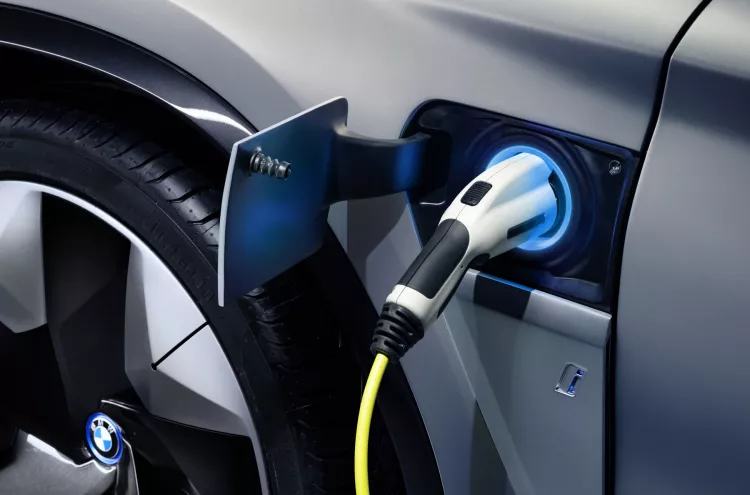The Indian government has decided to cut VAT on electric vehicles from 12% to 5% and charging stations from 18% to 12%. In addition, the purchase of electric buses by the municipalities is exempt from VAT.
The changes will come into force on 1 August 2019. The VAT on petrol and diesel remains at 28 percent. With the tax cut, the Indian government wants to reduce the price difference between the two types of power in order to make electric cars more affordable.
However, an exemption from the registration fee for electric vehicles, which was discussed in June, was not decided. Reports are still in the room to increase the registration fee for gasoline and diesel.
However, the Federal Bureau of Indirect Taxes (abbreviated to GST) has made the condition that the vehicles have at least 12 seats eligible for the tax exemption for electric buses. The Indian government wants to promote not only renewable energy, but also clean traffic.
Green turn for Germany, which puts on the table a maxi plan for the reduction of polluting emissions. A package that includes 360-degree interventions, some of which are dedicated to electric mobility. Overall, this ambitious plan will see an investment of… Continue reading
The 2025 Ford Mustang Mach-E has new looks and enhanced driver-assist features. It promises agile handling and updated tech. This electric crossover advances Ford’s push for modern mobility. Drivers can expect spry performance and comfort.… Continue reading
The new Suzuki Across plug-in hybrid SUV is due to go on sale in Europe this autumn. It is the first product of the partnership with Toyota. This plug-in hybrid is based on the current Toyota RAV4 generation. The Suzuki… Continue reading
The Blacksmith B2 is an Indian electric motorcycle, a mixture of classic and technological design, a great autonomy thanks to its interchangeable batteries and a very affordable price. The Blacksmith B2 electric motorcycle is the third… Continue reading









